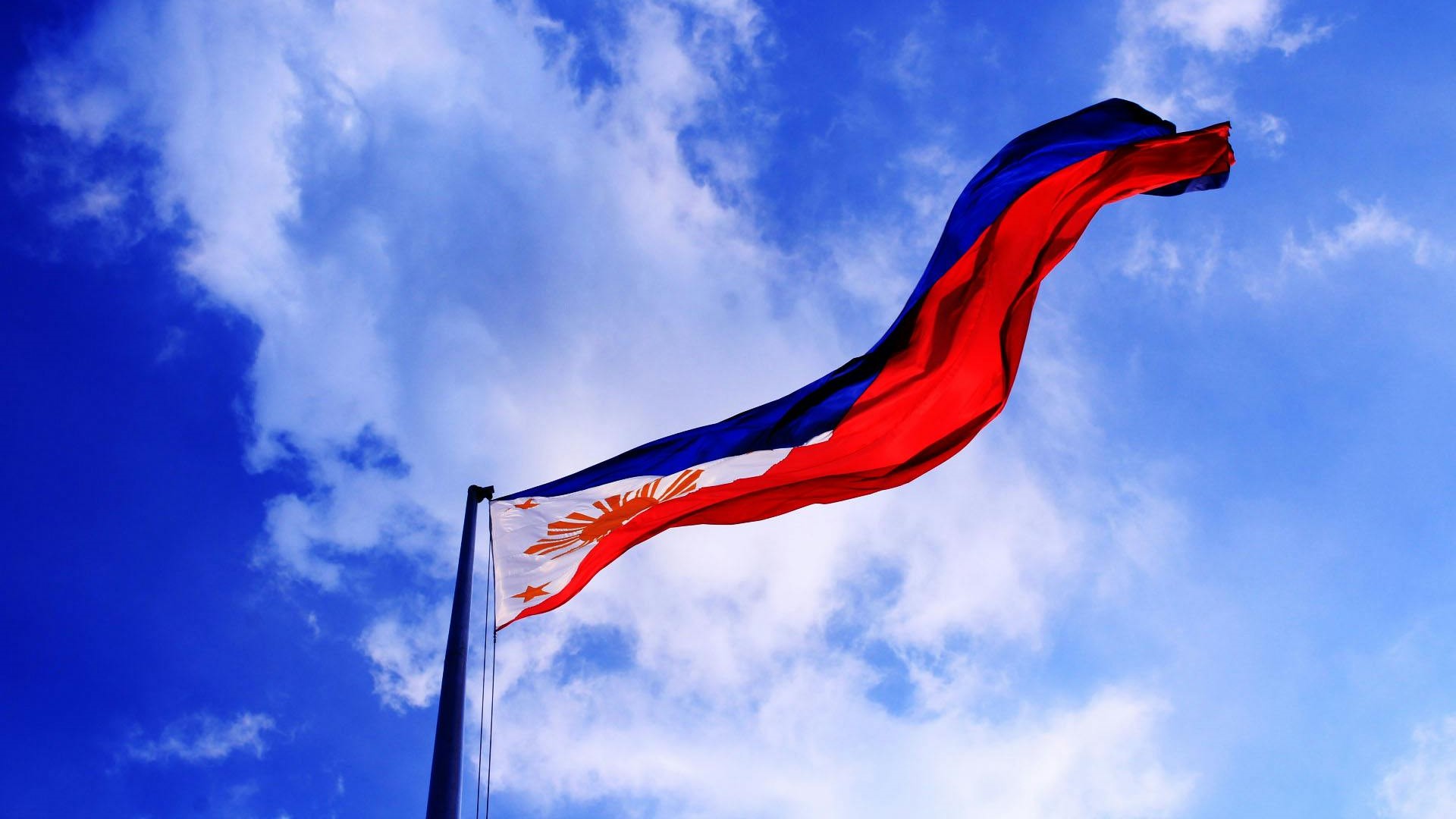“The Philippine Medical Association (PMA) Coalition recognizes that the UN Commission on Narcotic Drugs recently reclassified cannabis (marijuana) from Schedule IV to Schedule I of the Dangerous Drugs List—a move that recognized the plant’s medicinal value,” the letter began. “However, the UN Commission also emphasizes that cannabis is still under restriction on its use for non-medical and non-scientific purposes. That being said, the PMA coalition therefore strongly opposes all legislative bills intending to legalize cannabis (marijuana) if it is not for medicinal value as approved by the Philippine Food and Drug Administration.”
The letter outlined concerns about “unproven medical indications” related to cannabis consumption, citing potential harm to developing fetuses and children. It referenced the Committee of European Doctors’ statement from November 2023, describing cannabis as “a hazardous and addictive drug and serious public health concern.”
The PMA listed 10 statements, including support for medical cannabis with FDA approval and a call for further research. “We strongly support the conduct of local scientific studies on cannabis for medicinal purposes in legitimate research institutions under strict Institutional Review Board-approved research protocols to address the existing knowledge gap on cannabis efficacy and safety,” the PMA stated, highlighting a “clear trend towards the harmful effects [of cannabis] that outweigh the purported benefits.”
“To stand against the legalization of cannabis is to stand for a safer, bright future for all Filipino children. Let our position be clear and our voice unwavering; we must prioritize the well-being of our youth, ensuring they grow up in an environment free from the dangers posed by readily available marijuana,” the letter concluded.
Inquirer.net reported that a joint panel of the Philippine House of Representatives approved a medical cannabis bill on February 7. While not removing cannabis from the list of dangerous substances, the bill proposes the creation of a Medical Cannabis Office under the Department of Health’s supervision. It allows patient use for specific conditions, with cannabis available only through licensed medical facilities after a physician’s prescription.
FDA Director General Samuel Zacate expressed support for medical cannabis legalization, emphasizing safety measures. “Filipinos must have a wide range of therapeutic indications or drugs of choice. So ako [sic] for the record […] is very much open for marijuana as long as it has been streamlined and does not pose harm to the public,” Zacate said.
The Philippine Department of Health (DOH) released a statement on February 14, recognizing efforts to legalize medical cannabis based on scientific evidence. The DOH emphasized considering regulatory capacity and public health impact in legislation, expressing non-support for cannabis cultivation or manufacturing. The DOH reminded the public of marijuana’s current legal consequences, except with a compassionate special permit (CSP) signed by the FDA Director General.
In Thailand, which legalized recreational cannabis in 2022, legislators drafted a bill to ban adult-use consumption. The government sought public opinions in January, with plans to introduce prohibition legislation in parliament, imposing a 60,000 baht fine for recreational cannabis use while permitting medical cannabis, according to an Associated Press report.
Photo by: Krisia




